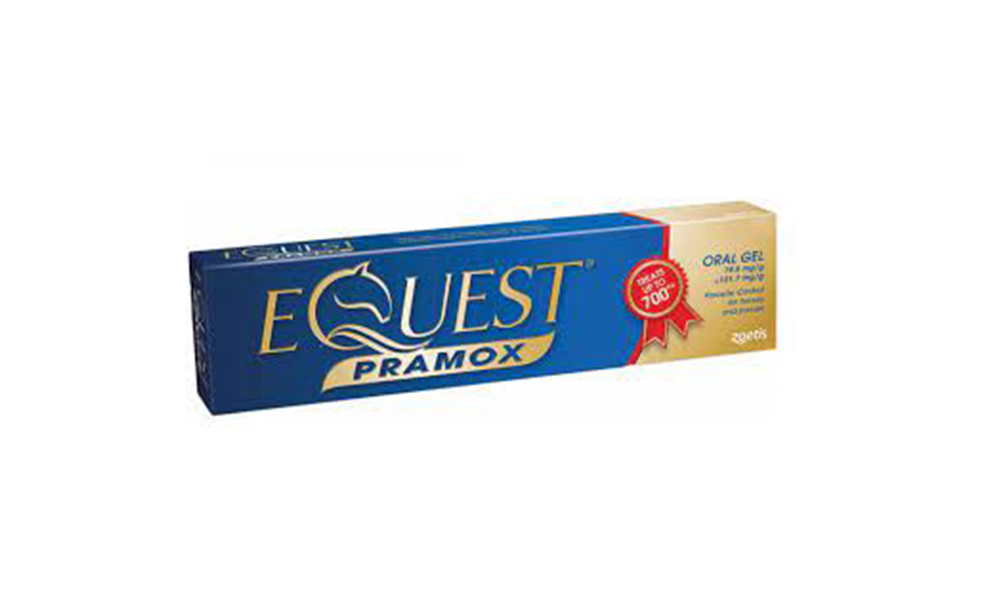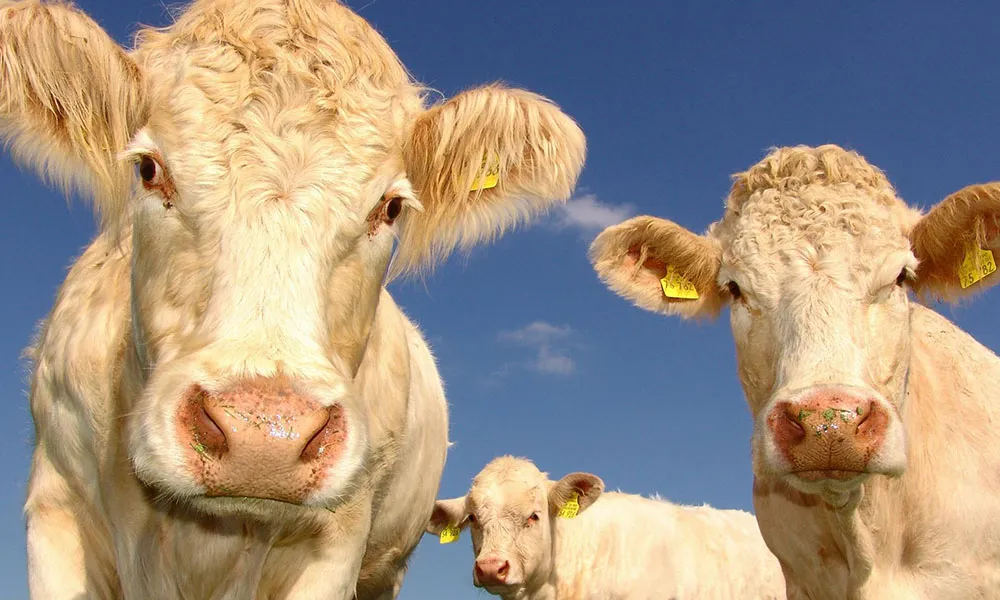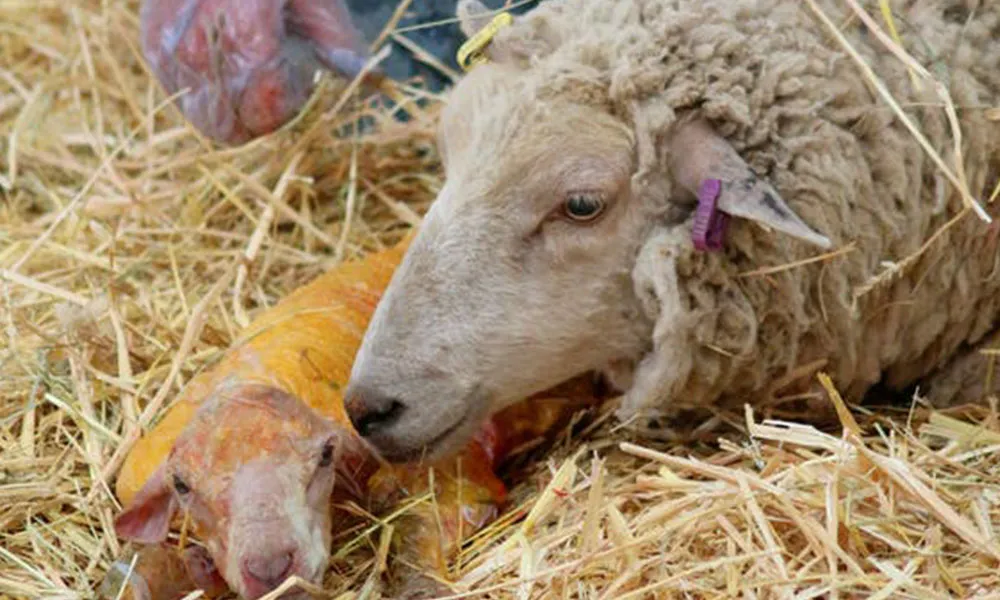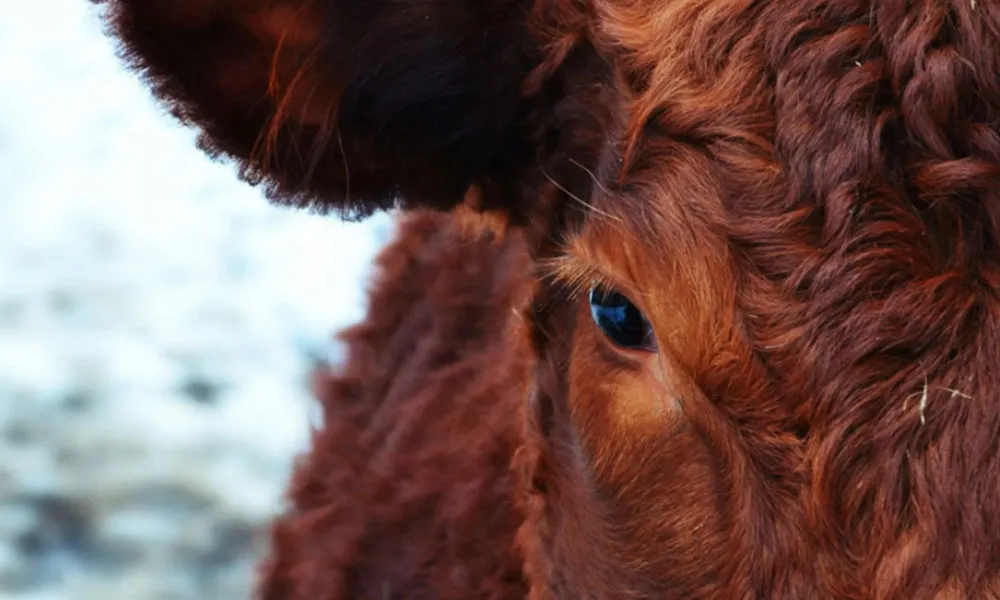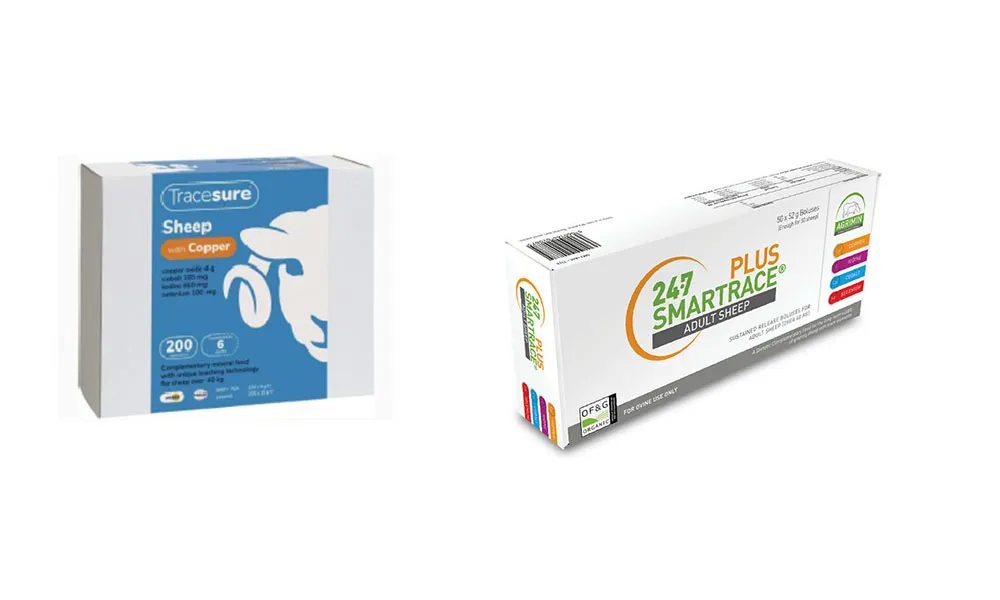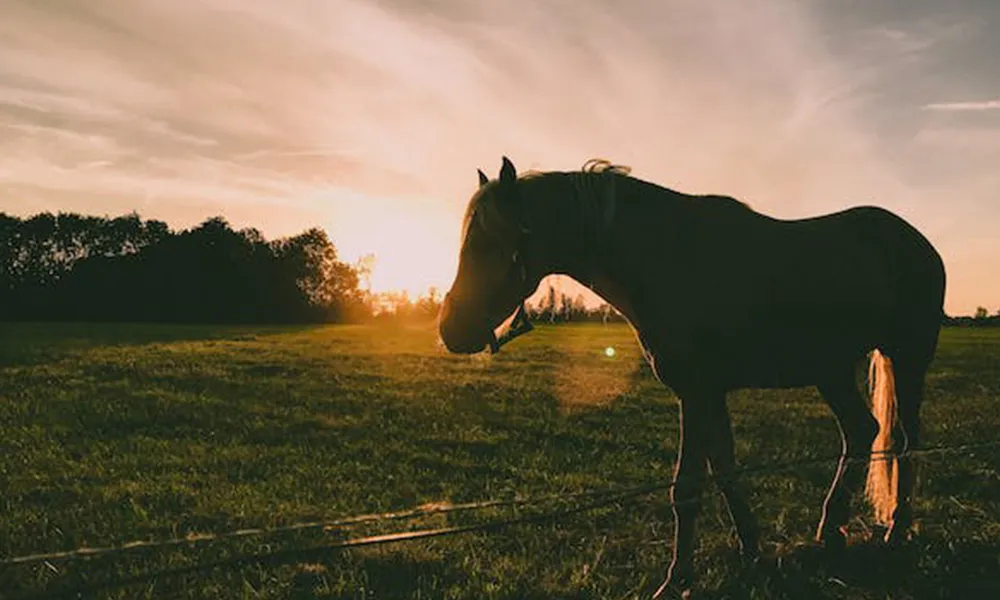
What you need to know about Horse Worming
For horse owners, maintaining our animals’ health during the winter months can often be challenging. Cold conditions and the absence of grass leave horses vulnerable to an array of diseases. This means that we have to be extra careful about how we manage our horse’s diet and give due consideration to potential treatment plans.
Recognising opportunity
But winter also presents us with an opportunity to safeguard horse health for the year ahead. Putting together a horse worming programme for the year ahead will help you to target and treat worms when treatment is needed, thus supporting your animals’ health.
For those preparing a horse worming plan, it is worth knowing that there are four main classes of horse wormers. These are:
- Benzimidazoles
- Tetrahydropyrimidines
- Macrocyclic lactones
- Praziquantel based wormers
These active ingredients are all more or less effective at treating different types of worms, so it is always important to consult the seller, and a veterinarian, regarding the best treatment for your horse.
Small redworm
We should use the colder months of the year to test for (and treat) encysted small redworm. This parasite tends to hibernate in the horse’s gut wall during the cold months before emerging to do a lot of destruction in the springtime. Testing and treating now is therefore an excellent means of protecting your horse for the months ahead.
When treating for redworm, fenbendazole, moxidectin and ivermectin based products are probably the most effective.
Personally, I have always found Equimax to be an excellent general-purpose wormer, that is highly effective against redworm. Like most horse wormers, Equimax is an oral paste. It contains both ivermectin and praziquantel as its active ingredients and treats a range of internal parasites, including small and large redworms, lungworms, pinworms and bots in horses.
Tapeworm
Then of course, there is the matter of the tapeworm. It is best practice to test and treat horses for tapeworm just twice yearly. The parasite’s life cycle takes 6 months to complete, so dosing more frequently than twice a year is actually pretty pointless.
Ideally, you will have dosed for tapeworm in the autumn and should do so again in the spring.
Therefore, late winter is the ideal time to consider what products you will use for your spring dose. When targeting tapeworm, praziquantel or pyrantel based wormers are the most effective. Farmers should note that products containing only the active ingredient praziquantel will treat tapeworm only (it is ineffective against other species of parasitic worm).
Among tapeworm treatments, I would recommend Embotape. This wormer is made using the active ingredient Pyrantel Embonate, and comes in the form of an oral paste that is easy to administer. While it is especially potent as a treatment for tapeworm, Embotape is also highly effective against other parasites, including small and large redworms, pinworms and Ascarids.
Another excellent product for treating tapeworm is Equest Pramox. Containing the active ingredients moxidectin and praziquantel, this product is an excellent choice for treating all kinds of worms, and will kill small redworm and tapeworm with equal efficiency.





